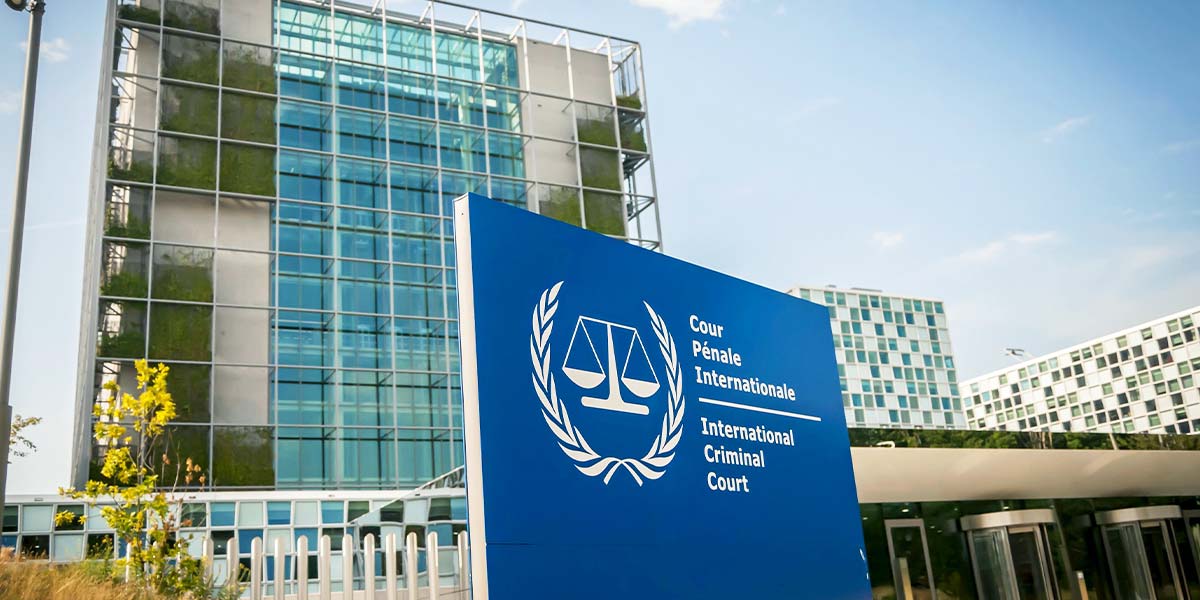In a recurrent move reflecting policies during his initial presidency, the U.S. President Donald Trump on Thursday enacted sanctions against individuals connected to International Criminal Court (ICC) probes into United States citizens and their allies, including Israel.
The decision arises following the visit of Israeli Prime Minister Benjamin Netanyahu, who is facing scrutiny from the ICC over events in the Gaza Strip, in Washington. Meanwhile, the specifics on when names will be released under these sanctions remain unclear.
In 2020, Trump’s administration targeted then-ICC prosecutor Fatou Bensouda in response to investigations into alleged U.S. war crimes in Afghanistan. The measures involve asset freezes of those designated and travel bans for them and their families into the U.S.
The ICC, which handles serious crimes like genocide and war crimes within the jurisdictions of its 125 members, did not provide a prompt response to Reuters’ request for comment. Notably, major powers such as the United States, China, Russia, and Israel, are not part of the organization.
According to a Reuters report last month, the court is preparing to mitigate financial impacts by preemptively paying staff salaries ahead of anticipated U.S.-imposed financial restrictions. Judge Tomoko Akane, President of the ICC, has voiced concerns that these sanctions could significantly disrupt the court’s operations globally.
In 2023, the ICC issued an arrest warrant for President Vladimir Putin, charging him with the war crime of unlawfully deporting hundreds of children from Ukraine. In response, Russia has targeted the court by banning ICC chief prosecutor Karim Khan from entry and adding him, along with two ICC judges, to its wanted list.





